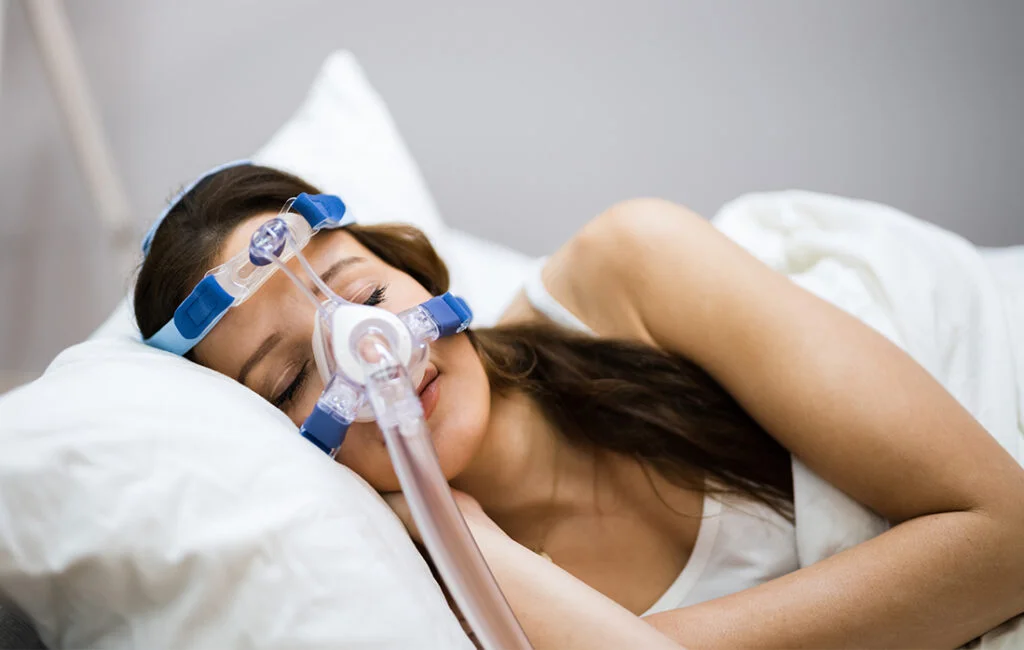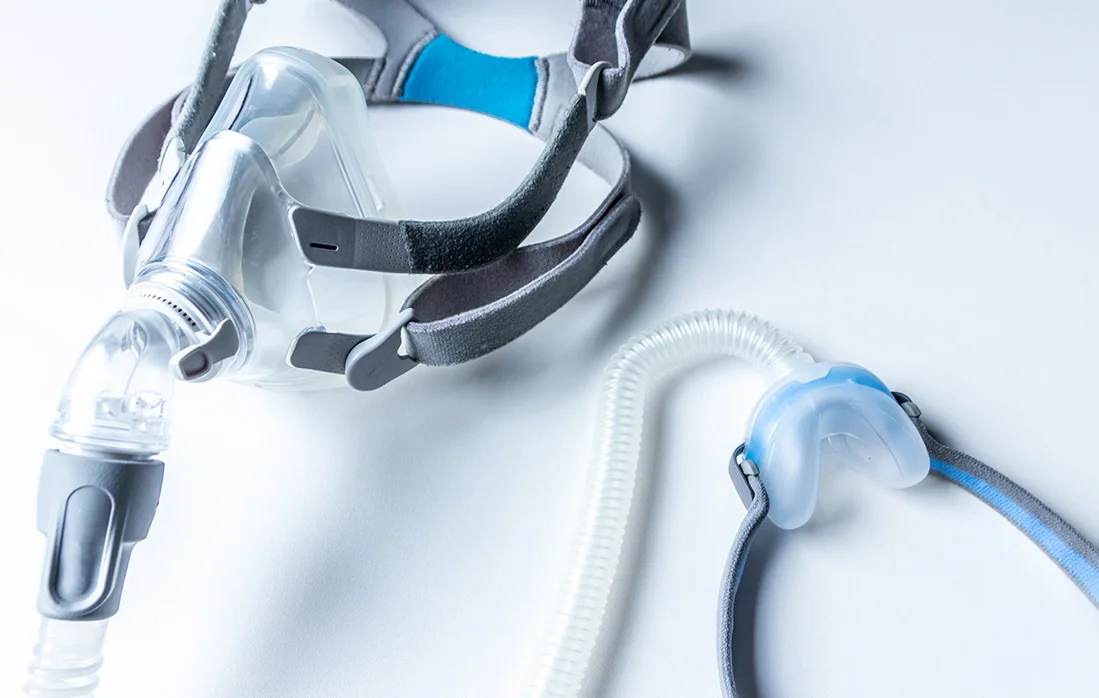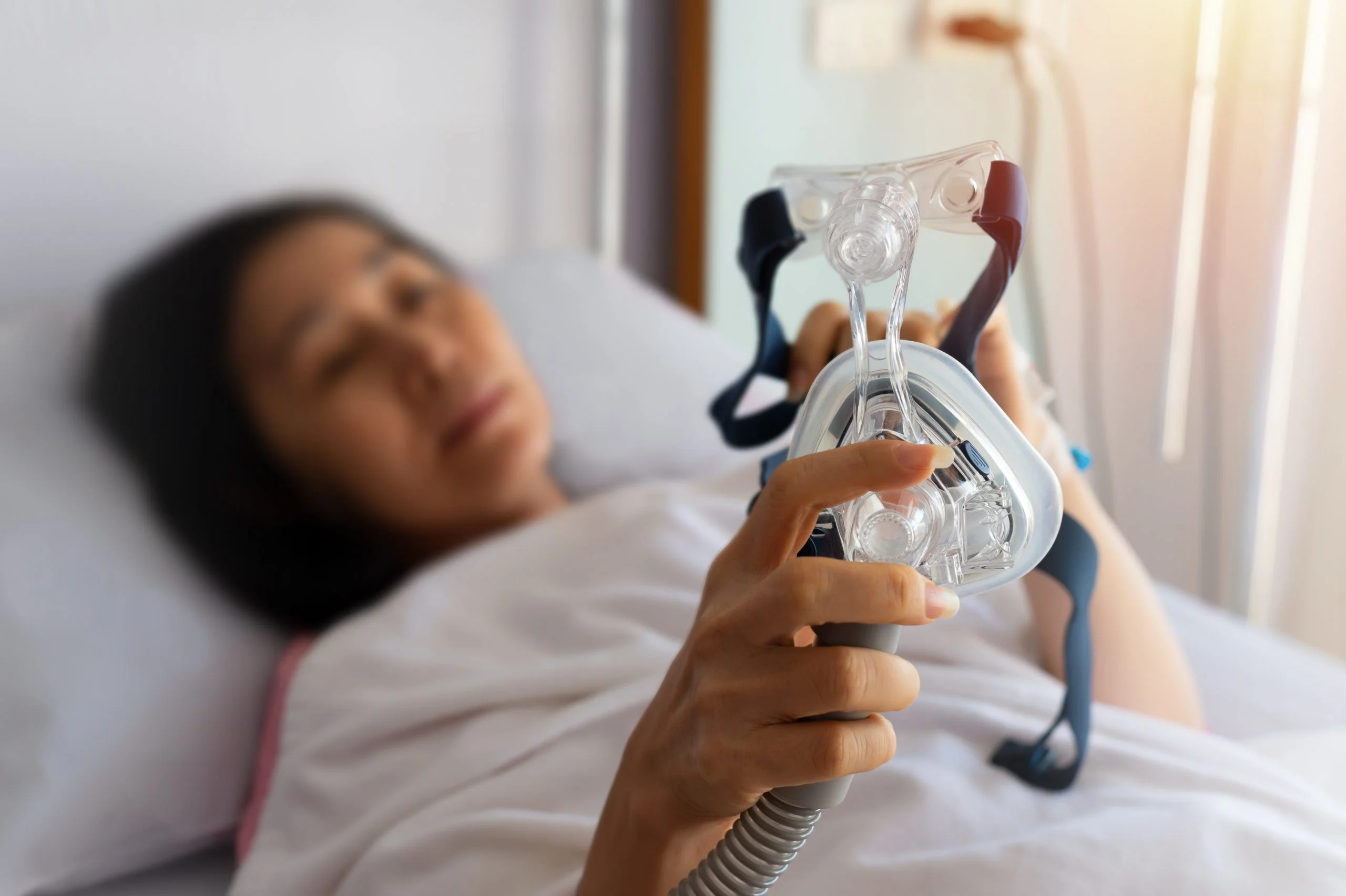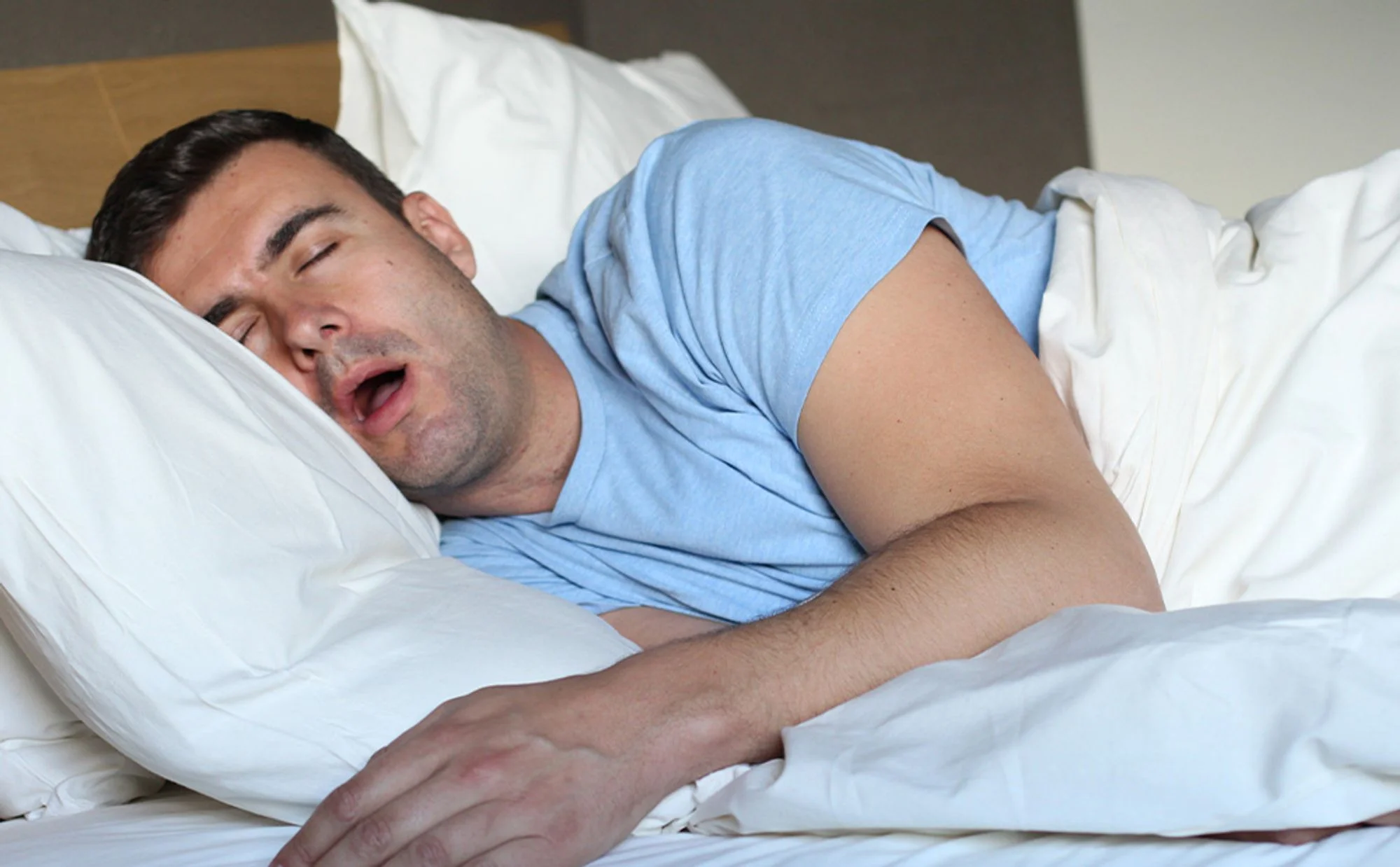
You finally decide to get some help for a medical issue. You look for the right doctor, get recommendations from friends, and even make the appointment. You wait for your appointment, communicate your concerns, and you and your doctor land on the right course of treatment. Finally, you are going to get the help you need — until you realize that the procedure you need isn’t covered. This is a reality that’s keeping some Medicare patients from accessing surgery for Obstructive Sleep Apnea (OSA), one of the more dangerous and widespread sleep conditions in the U.S. and worldwide.
In a new study set to be published in the July/August 2024 issue of the American Journal of Otolaryngology, we learn more about the dilemma: “Lingual and hyoid surgery for OSA has overall fallen in utilization among the Medicare population from 2000 to 2021. However, there was a brief spike in usage, peaking in 2015, driven by the adoption (and then quick dismissal) of Radiofrequency Ablation of the Tongue (RFT). The rise and fall in RFT use coincide with the rise and fall in reimbursement.” (1) RFT is a form of OSA treatment to reduce snoring,
Researchers analyzed data from OSA surgeries from 2000-2021 and information from the Medicare Part B National Summary Datafiles. The data included Current Procedural Terminology (CPT) codes for over 100,000 obstructive sleep apnea-related treatments, including tonsillectomies and lingual OSA surgeries.
Researchers found that from 2000 to 2015, lingual and hyoid OSA surgeries rose 2,777 percent. They fell to 82.9 percent in 2021. In 2021, Medicare payments fell to $341,011. Previously, in 2015, payments were at $8.45 million. Medicare payments of RFT fell from $2.994 in 2015 to $737 in 2021. The results suggest that the rise and fall of treatment for OSA coincides with the rise and fall of payment provided by Medicare.
The upcoming research adds to a body of studies showing the impact of Medicare patients being unable to access all the possible effective options for OSA treatment. This 2020 study found that untreated OSA Medicare patients incurred higher healthcare utilization (HCU) and costs. (2) This shows that untreated OSA leads to more issues, along with additional healthcare costs, down the road. The Centers for Medicare and Medicaid (CMM) outline their position on what they will pay for on their website. Typically, the standard treatment — CPAP — is covered by Medicare, but not always in full. Also, some patients are ready to give up their bulky CPAP machines in favor of more permanent solutions that might be more effective for some patients, such as surgery, which some see as the future of sleep apnea treatment.

A Kid’s Guide to Understanding Sleep

Everything You Need to Know About CPAP Devices

New Sleep Apnea Research Promises Hope Beyond CPAP Machines in the Form of a “Magic Pill”

A Brand New Nasal Spray For Sleep Apnea Treatment Shows Promising Results
Sources
1. Sina J. Torabi, Cynthia Tsang, Rahul A. Patel, Theodore V. Nguyen, R. Peter Manes, Edward C. Kuan, Douglas K. Trask,
Medicare volume and reimbursement trends in lingual and hyoid procedures for obstructive sleep apnea, American Journal of Otolaryngology, Volume 45, Issue 4, 2024, 104361, ISSN 0196-0709, https://doi.org/10.1016/j.amjoto.2024.104361.
2. Wickwire EM, Tom SE, Vadlamani A, Diaz-Abad M, Cooper LM, Johnson AM, Scharf SM, Albrecht JS. Older adult US Medicare beneficiaries with untreated obstructive sleep apnea are heavier users of health care than matched control patients. J Clin Sleep Med. 2020 Jan 15;16(1):81-89. doi: 10.5664/jcsm.8128. Epub 2019 Dec 5. PMID: 31957657; PMCID: PMC7053009.

























